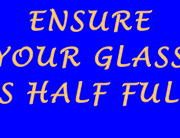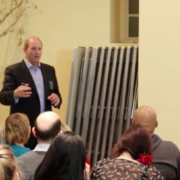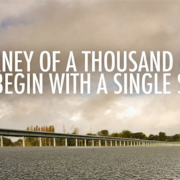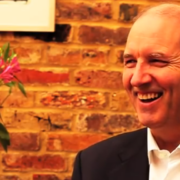CONFIDENCE BOOSTER No.7: Get a Positive Charge
It’s a simple fact that the more external negativity you allow into your life the more down you feel. Now, there are sources of negativity over which you have no control and very little influence, but there will be areas where you can make a positive difference to your environment.
THE CHALLENGE: To create a more positively charged environment in which to live.
If you allow yourself to be surrounded by ‘down beat’ and depressed energy from people, places and media, you are at a disadvantage before you even get started. Is there any benefit to your confidence in permitting this to continue? If you wish to up, maintain or enhance your confidence, it will be more difficult if you are weighed down by the burden of a negative environment. Remember that negativity is contagious and it loves company, but the same is true of positivity, so….
EXERCISES:
- Seek out the company of supportive, positive and motivated people (this means reducing exposure to pessimism, doubt and psychological lethargy)
- Do not allow your enthusiasm and motivation to be eroded by the negativity of others – you’ll know who they are. Where possible keep a distance because they just love to spread frowns.
- Look out for negative judges, labellers, self confessed control freaks, or those who are simply unkind. The time may come when you may be able to help them….but you first.
- Seek out different physical environments – try something new: gym, pub, café, restaurants, clubs, sporting clubs, parties you attend etc. Taking positive action will create positive change.
- Beware what you read, listen to and watch. The constant media flow does have an affect how you feel – it’s your call.
- Adjust your social media friends / likes as this alters the tone of your feed. Or take a holiday (temporary or permanent) from certain social media altogether.
This may seem obvious, however, so often we can run our lives on auto pilot which will obscure what needs changing. It is said that if you own the action you own the consequences so a number of small adjustments can have a greater impact than you can imagine. The trick is in the doing.







